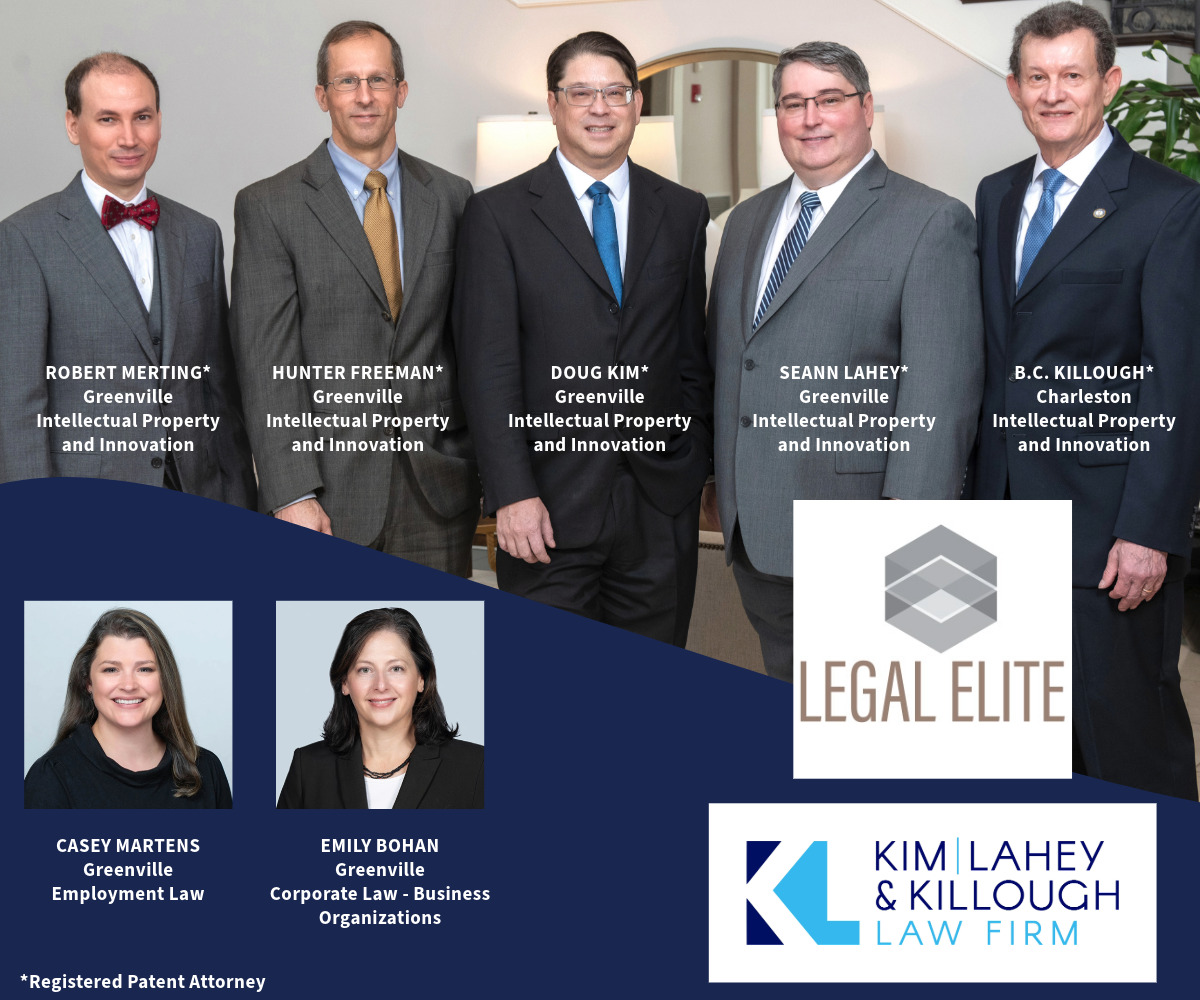
Seven attorneys named 2024 Legal Elite
Seven Kim, Lahey & Killough attorneys listed as 2024 Legal Elite by Charleston Business and Greenville Business Magazines
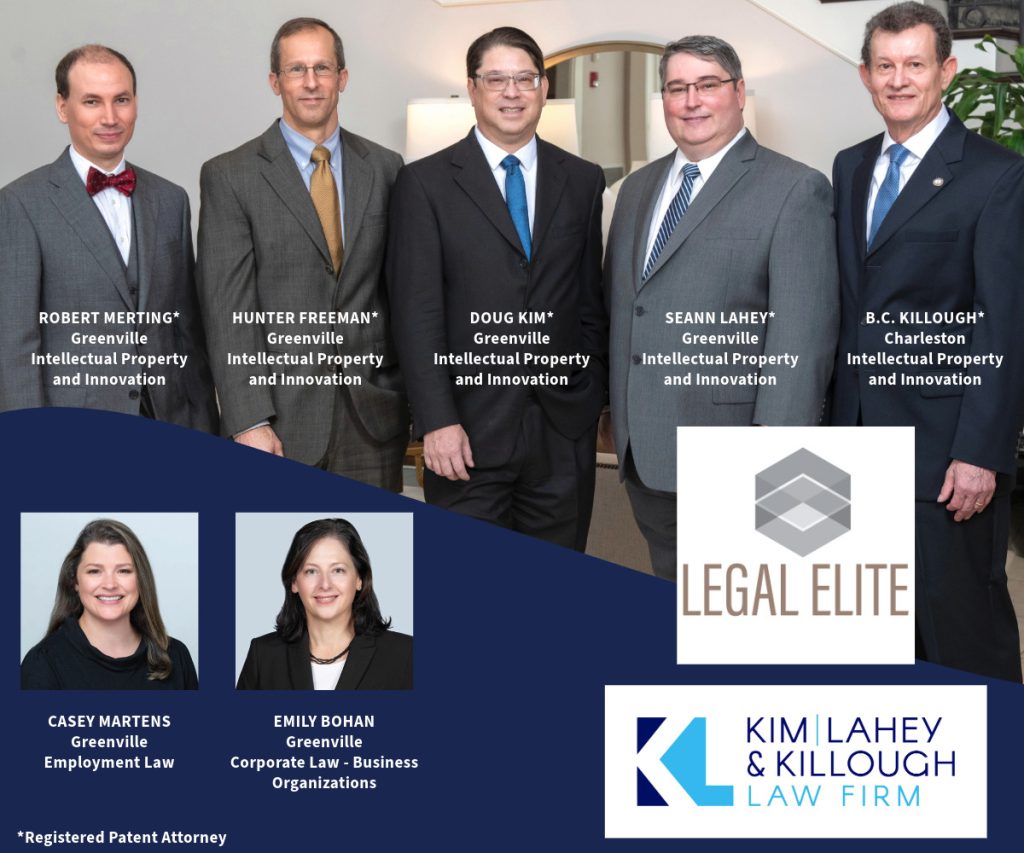
Kim, Lahey & Killough is pleased to announce that seven attorneys have been named in the 2024 Legal Elite lists. Notably, all five of the firm’s registered patent attorneys were recognized for their work in the areas of intellectual property and innovation, a core focus of the law firm.
Greenville Business Magazine and Charleston Business Magazine recognized Doug Kim, Seann Lahey, Hunter Freeman, Robert Merting and B.C. Killough for their contributions to Intellectual Property and Innovation. “This recognition from our peers is a testament to the depth and breadth of our IP practice, as well as our firm’s commitment to excellence. We are honored to have our entire patent team acknowledged, alongside our talented colleagues in employment and corporate law,” commented firm founder, Doug Kim. Additionally, Casey Martens and Emily Bohan were honored for their work in Employment Law and Corporate Law – Business Organization matters.
Doug Kim is no stranger to legal awards and accolades. In addition to his Legal Elite IP and Innovation recognition, Kim has been listed in South Carolina Super Lawyers annually since 2017, and he has been recognized in the Greenville, SC Best Lawyers® list, named the Best Lawyers® Trademark Lawyer of The Year, the Best Lawyers® Patent Lawyer of The Year, and an IP Star by Managing Intellectual Property magazine.
Firm co-founder Seann Lahey is noted for his IP and Innovation work not only by Legal Elite of the Upstate but is also listed in South Carolina Super Lawyers as well as Best Lawyers in America for his work in intellectual property law. Seann has extensive experience dealing with international and U.S. patent prosecution, trademarks, copyrights, trade secrets, licensing of intellectual property rights, and rendering legal opinions on validity, infringement and enforceability of intellectual property rights, as well as IP litigation.
Hunter Freeman has over 20 years of experience as a litigator and certified mediator and works to provide novel ways for clients to create value through the protection, prosecution and enforcement of their IP including trademarks, service marks and copyrights. As the 2024 Chairman of the InnoVision Awards, Hunter works hard to provide opportunities for start ups and businesses in the state to advance technological innovations. In addition to Legal Elite, Hunter has been recognized for his legal efforts by both Super Lawyers and The Best Lawyers in America ® for his work in intellectual property and business litigation.
Greenville patent attorney Robert Merting joins his colleagues as a named Legal Elite for IP and Innovation this year. Robert’s general business practice serves a variety of clients and industries, including builders, manufacturers, inventors, professionals and governmental organizations. He counsels businesses and individuals on IP contracts, corporate IP agreements, trademarks, non-disclosure agreements, and patents.
Charleston patent attorney B.C. Killough has counseled businesses and professionals for over 30 years. Regularly recognized for his legal efforts on behalf of his clients, Killough’s Legal Elite for IP and Innovation award is joined by recognition as a Senior Fellow by the Litigation Counsel of America, as an AV preeminent rated attorney with Martindale-Hubbell, as a Best Lawyers Corporate Lawyer of the Year for the Charleston market, and Thomson Reuters has recognized Killough as a Stand-Out Lawyer – a recognition bestowed by in-house counsel peers.
Casey Martens is recognized as a Legal Elite for her work in employment law for both plaintiffs and defendants. Casey’s legal practice includes business litigation, intellectual property and employment counsel to small and medium-sized businesses, as well as to employees in employment disputes. Licensed to practice in South Carolina, North Carolina and Georgia, Casey heads up the firm’s Brevard, NC office.
Business attorney Emily Bohan is commended as a Legal Elite for her efforts with Corporate Law – Business Organization matters. Emily focuses her legal practice on franchise law, business formation and organizations (Including LLC’s and Partnerships), and labor and employment matters. And when businesses are in a dispute, Emily serves as a certified mediator, to assist parties to come to a resolution outside of the courtroom. Greenville Business Magazine recognized Emily as a 2024 SC Women in Business.
The Legal Elite are selected annually through peer nominations from attorneys throughout the state of South Carolina in 50 legal practice areas.
About Kim, Lahey & Killough
With offices in Greenville and Charleston, SC and Brevard, NC, the Kim, Lahey & Killough Law Firm is devoted to helping clients establish, enforce, and leverage their intellectual property rights from the Upstate, to the Lowcountry to across the globe.
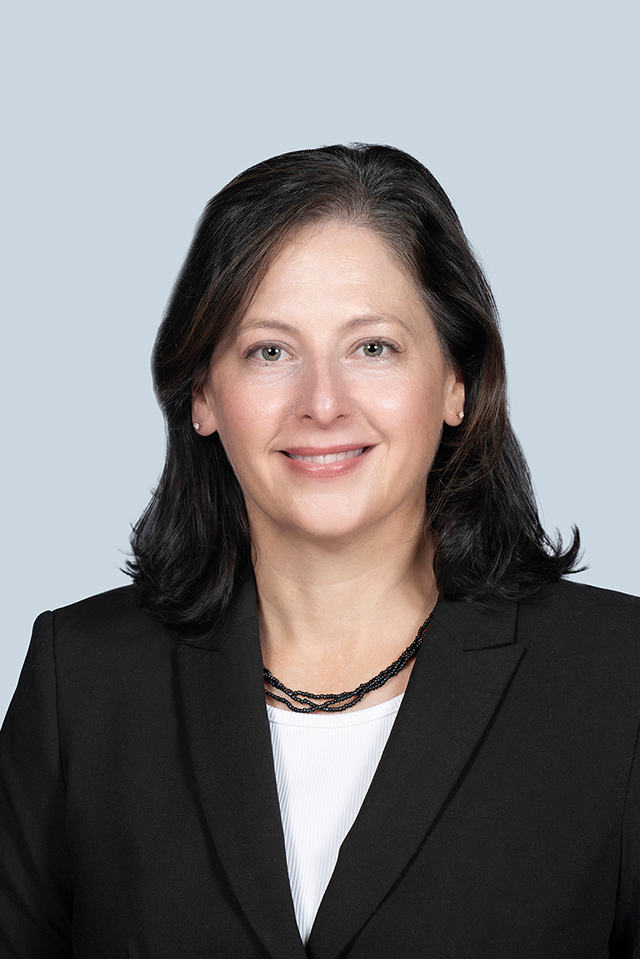
Emily Bohan joins Kim, Lahey & Killough
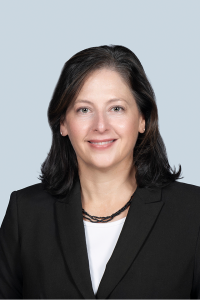 GREENVILLE, SC – Kim, Lahey & Killough Law Firm is pleased to announce the addition of attorney Emily Bohan to the firm’s Greenville, SC, office. Bohan’s law practice focuses in the areas of franchise law, business formation and organizations (including LLC’s and Partnerships), business disputes, alternative resolutions, and labor and employment matters.
GREENVILLE, SC – Kim, Lahey & Killough Law Firm is pleased to announce the addition of attorney Emily Bohan to the firm’s Greenville, SC, office. Bohan’s law practice focuses in the areas of franchise law, business formation and organizations (including LLC’s and Partnerships), business disputes, alternative resolutions, and labor and employment matters.
Bohan’s firsthand experience in navigating the complexities of running a franchise operation equips her with insights into the myriad of challenges faced by businesses; her own franchise business, PuroClean, will celebrate its 15th year in 2024. As an attorney, Bohan counsels businesses and individuals in all aspects of business law including business formation, contracts, franchise, employment, compliance, licensing, and trademark matters.
In addition, Emily Bohan is a South Carolina certified mediator and is able to assist parties in business disputes to come to a resolution outside of a courtroom.
Bohan earned a Bachelor of Arts in Economics and Legal Studies from the University of California, Santa Cruz and her Juris Doctor from the George Mason University School of Law. She is admitted to practice before federal and state courts within both South Carolina and Virginia.
With offices in Greenville and Charleston, SC and Brevard, NC, the Kim, Lahey & Killough Law Firm is devoted to helping clients establish, enforce, and leverage their intellectual property rights from the Upstate, to the Lowcountry to across the globe.

Kim, Lahey & Killough 2023 SC Super Lawyers
 Kim, Lahey & Killough attorneys listed in
Kim, Lahey & Killough attorneys listed in
2023 South Carolina Super Lawyers
Kim, Lahey & Killough attorneys Doug Kim, Seann Lahey, and B.C. Killough have been named in the 2023 South Carolina Super Lawyers list as top-rated intellectual property attorneys and Casey Martens has been named in the 2023 South Carolina Rising Stars list as a top-rated employment and labor attorney in the Greenville and Charleston markets.
Each year, no more than five percent of the lawyers in the state are selected by the research team at Super Lawyers to receive the honor of inclusion on the Super Lawyers list and no more than 2.5 percent of the lawyers in the state are selected to be listed as Rising Stars.
Greenville patent attorney Doug Kim, founder of Kim, Lahey & Killough, has been included in the South Carolina Super Lawyers list annually since 2017. Kim concentrates his law practice in the areas of brand protection, invention protection, licensing, contracts, company formation, Internet and domain name, data security and privacy, patents, trademarks, copyright, technology transfer, IP litigation, trade secrets, Internet & domain name pursuits, business disputes & resolutions. In addition to Super Lawyers, Doug Kim has previously been named the to the Greenville, SC Best Lawyers® list, named the Trademark Lawyer of The Year, the Best Lawyers® Patent Lawyer of The Year, an IP Star by Managing Intellectual Property magazine and a Legal Elite of the Upstate by Greenville Business Magazine.
 Charleston patent attorney B.C. Killough adds his ninth year as a named attorney to the South Carolina Super Lawyers list in the area of intellectual property law. Killough’s practice areas include brand protection, invention protection, licensing, contracts, company formation, Internet and domain name, data security and privacy, patents, trademarks, copyright, technology transfer, IP litigation, trade secrets, Internet & domain name pursuits, business disputes & resolutions, commercial transactions, and mediations of intellectual property and commercial disputes. Killough has been honored as a Senior Fellow by the Litigation Counsel of America, holds an AV preeminent rating with Martindale-Hubbell, was previously named the Best Lawyers Corporate Lawyer of the Year for the Charleston market and has been recognized by Charleston Business Magazine as a Legal Elite in the area of Intellectual Property and Innovation.
Charleston patent attorney B.C. Killough adds his ninth year as a named attorney to the South Carolina Super Lawyers list in the area of intellectual property law. Killough’s practice areas include brand protection, invention protection, licensing, contracts, company formation, Internet and domain name, data security and privacy, patents, trademarks, copyright, technology transfer, IP litigation, trade secrets, Internet & domain name pursuits, business disputes & resolutions, commercial transactions, and mediations of intellectual property and commercial disputes. Killough has been honored as a Senior Fellow by the Litigation Counsel of America, holds an AV preeminent rating with Martindale-Hubbell, was previously named the Best Lawyers Corporate Lawyer of the Year for the Charleston market and has been recognized by Charleston Business Magazine as a Legal Elite in the area of Intellectual Property and Innovation.
 Greenville patent attorney Seann Lahey joins colleagues Doug Kim and B.C. Killough on the Super Lawyers list for their work in intellectual property matters. Seann Lahey’s intellectual property law practice regularly includes work in trademarks, copyrights, trade secrets licensing matters, and he has extensive experience dealing with international and U.S. patent prosecution. He has also been recognized by Greenville Business Magazine as a Legal Elite of the Upstate for his work in intellectual property law.
Greenville patent attorney Seann Lahey joins colleagues Doug Kim and B.C. Killough on the Super Lawyers list for their work in intellectual property matters. Seann Lahey’s intellectual property law practice regularly includes work in trademarks, copyrights, trade secrets licensing matters, and he has extensive experience dealing with international and U.S. patent prosecution. He has also been recognized by Greenville Business Magazine as a Legal Elite of the Upstate for his work in intellectual property law.
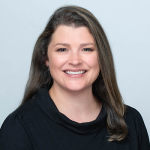 Super Lawyers South Carolina Rising Star Casey Martens practices employment and business law in both the Greenville SC and Brevard NC offices of Kim, Lahey & Killough. Her law practice focuses in the areas of business disputes and litigation, state and federal employment law, corporate formation, drafting and enforcement of contracts, business disputes involving interference with client relations, individual and business defamation, collections, and enforcement of non-compete agreements. She has also been previously recognized by Greenville Business Magazine as a Legal Elite of the Upstate.
Super Lawyers South Carolina Rising Star Casey Martens practices employment and business law in both the Greenville SC and Brevard NC offices of Kim, Lahey & Killough. Her law practice focuses in the areas of business disputes and litigation, state and federal employment law, corporate formation, drafting and enforcement of contracts, business disputes involving interference with client relations, individual and business defamation, collections, and enforcement of non-compete agreements. She has also been previously recognized by Greenville Business Magazine as a Legal Elite of the Upstate.
About Super Lawyers
Super Lawyers, part of Thomson Reuters, is a rating service of outstanding lawyers from more than 70 practice areas who have attained a high degree of peer recognition and professional achievement. The annual selections are made using a patented multiphase process that includes a statewide survey of lawyers, an independent research evaluation of candidates and peer reviews by practice area.
About Kim, Lahey & Killough
With offices in Greenville and Charleston, SC and Brevard, NC, the Kim, Lahey & Killough Law Firm is devoted to helping clients establish, enforce, and leverage their intellectual property rights from the Upstate, to the Lowcountry to across the globe.

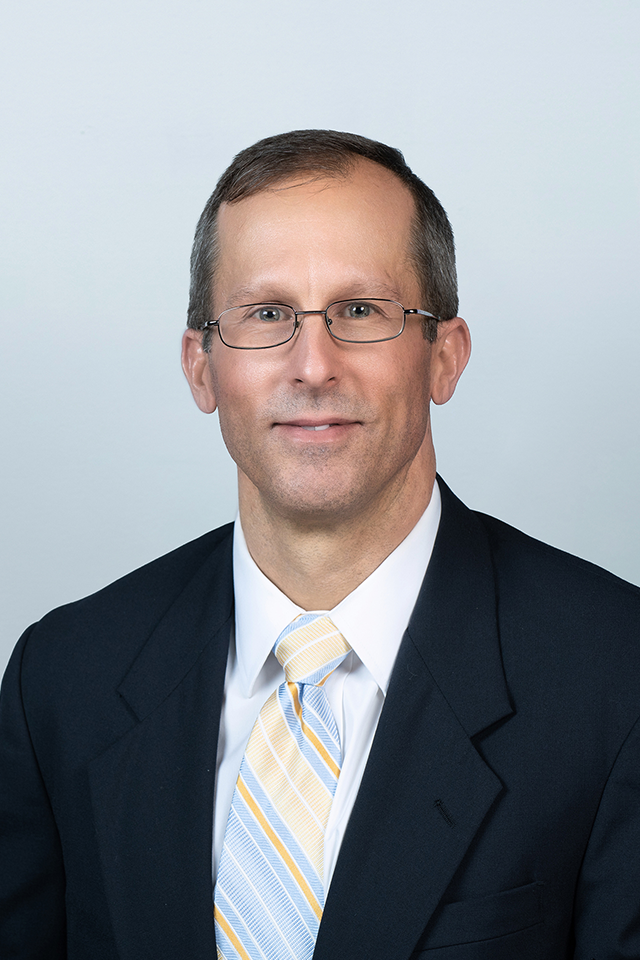
Hunter Freeman joins Kim, Lahey & Killough
 Patent Attorney Hunter Freeman joins longtime colleagues at
Patent Attorney Hunter Freeman joins longtime colleagues at
Kim, Lahey & Killough
Kim, Lahey & Killough Law Firm is pleased to announce the addition of patent attorney Hunter Freeman to the firm’s Greenville, SC, office. Freeman’s law practice focuses primarily in the areas of patents, trademarks, trade secrets, contracts, licensing, copyrights, litigation and mediation.
Previously, Freeman worked with firm co-founders Doug Kim and Seann Lahey for 15 years at a large South Carolina firm. Since those early years, each has grown in knowledge, experience and emphasis on the intellectual property needs of South Carolina. Additionally, the number of tech companies in the state has grown by more than 250% during those years, and the need for legal strategies that empower businesses of all sizes to succeed has increased accordingly. “I am excited for the future as we work together to address the growing number of tech innovations born out of South Carolina,” commented Freeman. “I am eager to work alongside my friends again, and with the rest of the firm, to build, expand, develop, and advance the future of business in South Carolina and beyond.”
Freeman has experience in a myriad of industries to include medical devices, manufacturing, aerospace, software and tech, marketing, food beverage and hospitality, consumer products, startups and entrepreneurs, among others.
“As our clients’ needs continue to grow and evolve, we understand the importance of having another trusted colleague in our firm who can navigate the complex world of intellectual property protection and enforcement. With the addition of Hunter Freeman we now have five IP attorneys and are well suited to handle the growing needs of businesses and corporations across South and North Carolina,” observed Doug Kim. “And for those seeking to avoid litigation, we now have two intellectual property mediators in Hunter Freeman and Bill Killough.”
Freeman shares the client-centric philosophy of Kim, Lahey & Killough and enjoys sharing his knowledge to help strengthen and support South Carolina’s entrepreneur ecosystems. He routinely speaks at entrepreneurial workshops and his articles have been published in IP WatchDog, Intellectual Property & Technology Law Journal, South Carolina Lawyers Weekly, and UpState Business Journal. Hunter Freeman has been recognized for his work by his peers and the business community as he is listed in The Best Lawyers in America®, South Carolina Super Lawyers, and in Greenville Business Magazine, as a Legal Elite of the Upstate.
Freeman earned a Bachelor of Science in physics at Rhodes College, and his Juris Doctor from the University of South Carolina School of Law. He is admitted to practice before all state and federal courts within South Carolina Courts, as well as the United States Court of Appeals for the Fourth Circuit, and the United States Patent and Trademark Office.
With offices in Greenville and Charleston, SC, and Brevard, NC, the Kim, Lahey & Killough Law Firm is devoted to helping clients establish, enforce and leverage their intellectual property rights from the Upstate to the Lowcountry and across the globe.

Strategies for Buying or Selling a Business During a Pandemic

Join us for the first in a series of Micro Meetings where we’ll dive deep into one topic during a 30-min Zoom, focusing on two main points to help innovative business owners reach their goals.
In light of the pandemic, some entrepreneurs who may have steered the course 5 – 10 years more are now considering passing their businesses down to family or selling them early. For those looking to buy, there are new questions about how to do your due diligence in the post-COVID era.
If you’re thinking about buying or selling a business in 2021, these are two areas where avoidable mistakes are often made:
- Licensing – Are licenses involved? Who is the license holder? How easy is it to transfer?
- Contracts / Agreements – Who owns the company? What happens if one partner wants out or dies unexpectedly? How do you handle contracts with existing employees? With vendors?
Attorney Jason Rosen will answer those questions and more. Jason helps entrepreneurs create businesses, negotiate contracts and buy and sell assets. He advises business owners how to avoid legal situations before they arise and guides individuals in preparing for their future through legacy planning.
This Zoom webinar is free and open to the public on Thursday, May 6 from 11:30am – Noon. For more information, read more and register here.

Increase in Software License Disputes Expected to Continue in 2019

In our practice we are seeing an increase in software license disputes between software vendors and users. It seems that the main reason for the increase in disputes is the change in technology, which has changed the way in which software is created, distributed and used. This problem is aggravated by either current license agreements not being updated to reflect these changes or by vendors making license terms more onerous for users.
Technology is creating a need to modify and update license agreements.
The technological changes that are at the root of this increase in disputes include the rapid increase in cloud computing and virtualization of software. License agreements that were user based, seat based or even enterprise based do not fit well with the cloud/virtualization model. In response, software vendors are seeking to identify the actual number of user or copies by exercising their audit rights which users typically try to resist, thus creating tension between the vendor and the user. When creating, distributing or using software, it is wise to focus on the licensing model being used as well as how it fits into the existing IT system. As more and more software moves to the cloud and license agreements are not updated, we can expect to see license disputes increase.
Vendors are changing their licensing terms.
For example, Java, one of the most widely adopted programming languages (Indeed reported in 2016 that it was the second most sought after skill for programming) had its license changed so that Oracle JDK is free to individuals for use, development, testing, prototyping and demonstrations, but now requires a commercial license to avoid the GPLv2+CE license. The GLPv2 license requires that all the source code be made public, which completely removes any ability to prevent others from using your source – an outcome not very popular with most software vendors seeking to license their software.
We are also seeing license terms being used aggressively where some vendors are seeking to make up for lost revenues caused by the open source model. Software developers, that charge for their time, turn to open source for efficiencies that can increase profits and allow savings to be passed to customers. However, some of the open source licensing is being modified without the user’s knowledge, creating significant legal and financial issues.
For example, some software licenses have clauses along the lines of “[Vendor] expressly reserves the right to modify the Terms of Service at any time in its sole discretion by including such alteration and/or modification in these Terms of Service, along with a notice of the effective date of such modified Terms of Service.” The issue is that the individual in an organization that approves licenses is typically not the user that would encounter the “modified Term of Services.” So terms change without the company’s knowledge. In one case, we saw the license go from free to thousands of dollars per user. The user simply would not have used the software in the first place, had it known of this change and is now in the process of removing the software from its product.
The Recent Supreme Court may increase Software copyright disputes.
In March, the Supreme Court clarified that to bring a copyright infringement case, the copyright holder must have the copyright registration in hand. This changed the rule in many areas of the country that allowed for the copyright holder to simply have an application on file. If software vendors begin to apply for and secure copyrights upon the creation of software (as they should), they will be entitled to attorney fees and statutory damages (recovery up to $150K per infringement without proving actual damages). Under the old rule, where only the application in file was needed, the ability to recover attorney fees and statutory damages we largely lost. Knowing that the recovery of attorney fees and statutory damages are available, vendors may not be likely to use copyright infringement to more aggressively enforce their licensees or even instigate litigation.
What’s next? Prevention!
- Review the policies within your organization as to how software is used and downloaded. For example, can anyone download software and click “I Agree” and bind the company to the licenses?
- Review the existing license agreement and amendment, renegotiate or even cancel as appropriate. We are even seeing software vendors elect to use the laws of other countries to benefit for more advantageous legal structure than those in the US. For example, because Canada can allow for the modification of the license with only notice to the user, some vendors are electing to use Canadian law (localization). In 1984, Louisiana enacted the Software License Enforcement Act (SLEA) which, among other terms, state that a software license agreement can ONLY be enforced if: (a) the user can clearly read a software license notice on the software packaging; (b) the software license notice indicates that by opening the package or using the software the end user accepts the terms of the enclosed license agreement and (c) the notice states that the software may be returned if the end user does not accept the license agreement. Note how this law does not fit cloud-virtualization very well.
- At the software design stage for customer software, understand the open source used, third party software used, third party licenses needed, and the effect of the rest of the IT system already in place. For example, does the custom project legally allow for cloud-virtualization? Does the software architecture need seat licenses, enterprise, cloud, or some other license structure?
- Work with an experienced attorney that understands software, software licensing and the trends in this area.
- Act early, users can typically have a better position in negotiating when the potential issues are identified pre-dispute and can resolve the potential dispute with the vendor. Vendors can better service users when the business and legal relationship is clearly understood, and unauthorized use is avoided.
If you have any questions regarding this article, contact Doug Kim, 864-973-6699, [email protected].
Doug Kim, a Physics major from Davidson College, began his professional career as a computer programmer and software engineer. His intellectual property career began in 1998, when he combined his business experience with his legal education and was involved with enforcing a client’s patent against multiple infringers. Since then, Doug has created a well-rounded IP practice that provides legal solutions and strategies tailored to each client from multinational corporations to start-ups. Doug provides his clients with strategies to protect inventions (patents), brands (trademarks), websites, software, apps, music, photos, and websites (copyright, licenses and Internet law), and trade secret (the “secret sauce”).
These materials have been prepared for informational purposes only and are not legal advice. This information is not intended to create, and receipt of it does not constitute, an attorney-client relationship. Internet subscribers and online readers should not act upon this information without seeking professional counsel.

